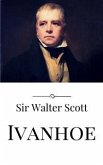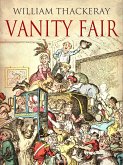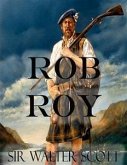Banford and March live and work together on their meager farm, surviving hardship only by sheer determination and dedicated labor. The farm is their world, a place of safety—that is, until a young soldier walks in and upsets the women’s delicate status quo. None could have predicted the effect his presence would have on their lives.
"The Fox" deals with the psychological relationships of three protagonists in a triangle of love and hatred and explores gender roles, sexuality, femininity, and the pity of war.
Dieser Download kann aus rechtlichen Gründen nur mit Rechnungsadresse in A, B, BG, HR, CY, CZ, DK, EW, FIN, F, D, GR, H, IRL, I, LR, LT, L, M, NL, PL, P, R, SK, SLO, E, S ausgeliefert werden.
Hinweis: Dieser Artikel kann nur an eine deutsche Lieferadresse ausgeliefert werden.









